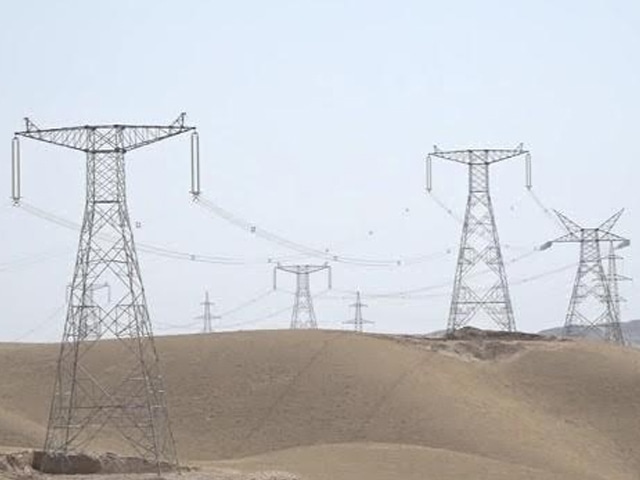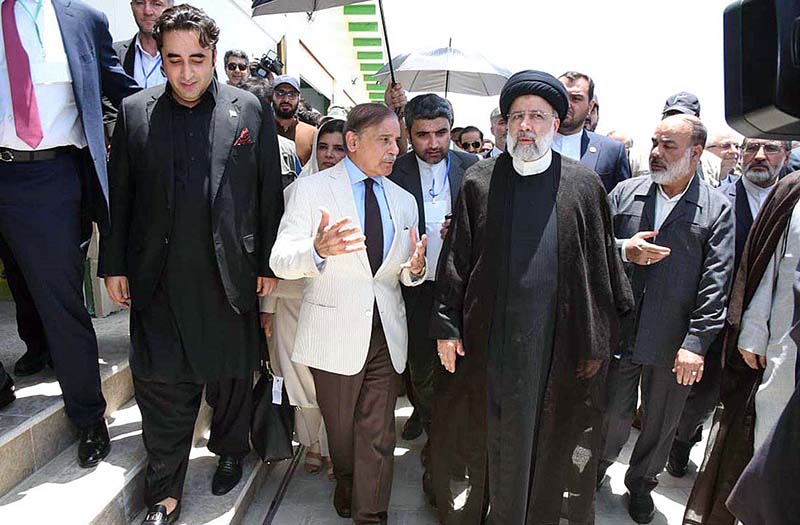PTBP Web Desk
The CASA-1000 project, an ambitious international energy initiative, is gearing up for a critical juncture as representatives from the Joint Working Group (JWG) are set to convene in Istanbul, Turkey, on November 21-22, 2024.
This meeting, pivotal for the project’s future, will see stakeholders from Kyrgyzstan, Afghanistan, Tajikistan, and Pakistan, along with international financial institutions (IFIs) and donors, including the World Bank, discussing the next steps toward the completion of this significant power transmission infrastructure.
Initiated in 2006 and formally agreed upon in 2008 in Islamabad, the CASA-1000 project aims to harness the surplus hydroelectric power generated during the summer months in Kyrgyzstan and Tajikistan, transmitting it to energy-hungry Afghanistan and Pakistan. The project includes not only the construction of high-voltage AC and DC transmission lines but also involves financial arrangements, operational logistics, and strategic energy trade agreements.
The funding landscape includes significant contributions from the World Bank, USAID, and the Islamic Development Bank (IDB) totaling around $1.2 billion, with Pakistan contributing an additional $220 million. The project’s financial model allows for bi-directional transmission, potentially allowing power flow from Pakistan to Central Asia during winter, based on commercial agreements.
Ten contracts, including five with Indian companies, have been awarded through competitive bidding. Payments are managed through direct disbursements by funding agencies after consultant verification, ensuring transparency and accountability in project execution.
The project faced significant hurdles primarily due to the geopolitical situation in Afghanistan, which led to a suspension of funding and construction activities:
Following the political changes in Afghanistan, the World Bank and USAID withheld funds, leading to a standstill in construction, particularly affecting the Afghan segment. This stoppage not only delayed the project but also put financial pressures on other participating countries through loan repayments without the anticipated revenue from energy transmission.
In a strategic move, a video conference was held in November 2023 involving key ministers and World Bank representatives to discuss the resumption of activities. This was followed by a significant meeting in Dubai in December where ministers from Kyrgyzstan, Tajikistan, and Pakistan pushed for the World Bank’s re-engagement in Afghanistan to prevent the project’s assets from becoming stranded.
By March 2024, the World Bank confirmed a new funding approach, endorsing $300 million to be managed outside Taliban control, with Da Afghanistan Breshna Sherkat (DABS) confirming readiness to coordinate with contractors for resuming work.
Discussions will focus on timelines for completing the transmission infrastructure, with contractors poised to resume work once financial assurances are in place.
Financial and Legal Frameworks: The meeting will also address the payment of arrears, confirmation of future funding, and possibly the legal implications of resuming work under current geopolitical conditions.
Ensuring that all material stored in Afghanistan remains in good condition and ready for use is another focal point, aiming for a completion date around 2026.




